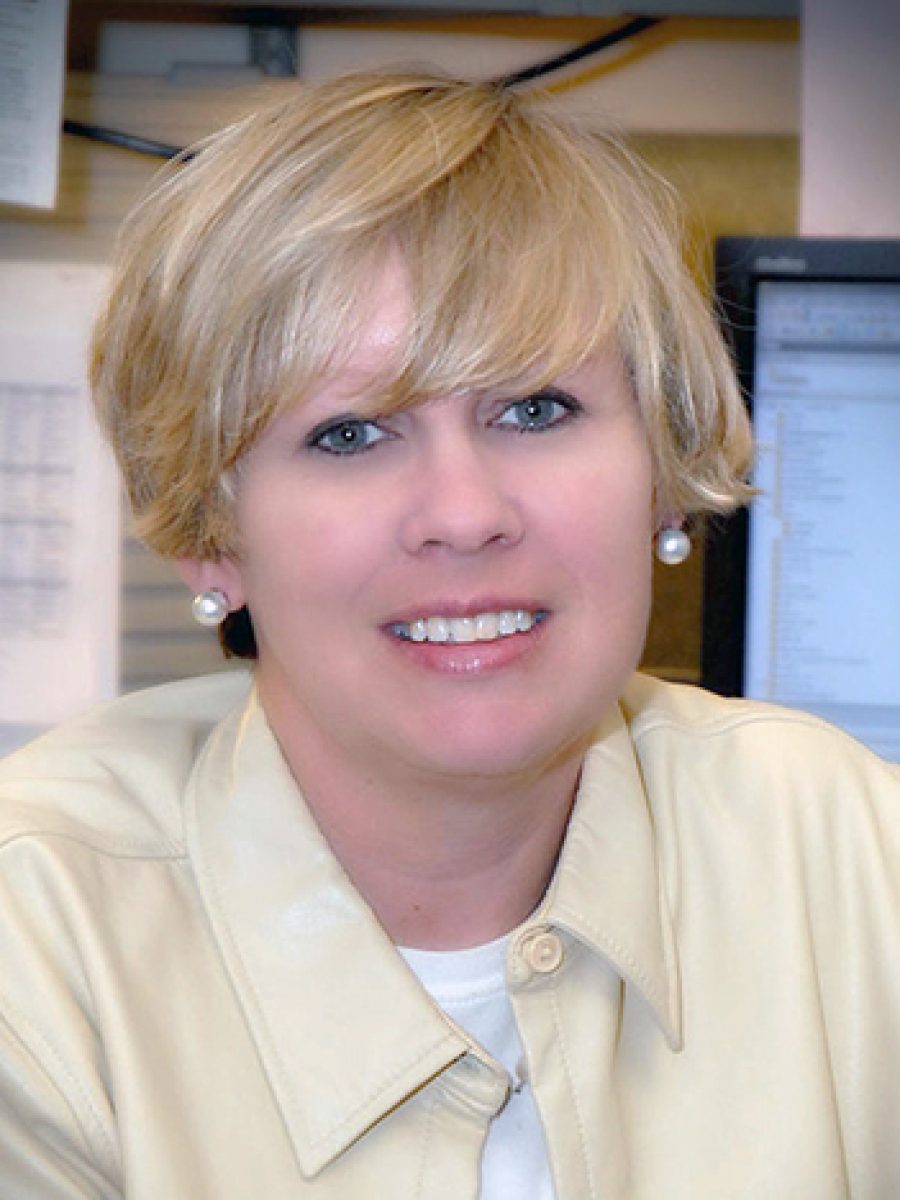Our Program
The mission of the PhD Program in Cell and Developmental Biology is to train and support students in becoming scientists and advancing basic biomedical science. Students are prepared for future careers including research at the cellular, molecular and organism level, data analysis and interpretation, and science communication, outreach, and education.
The department provides specialized training in basic cellular and organismal processes with the goal of solving fundamental biological problems as a foundation for addressing questions of biomedical significance. In each research area, multidisciplinary approaches in genetics, proteomics, and imaging are employed. Key model systems include yeast, C. elegans, Drosophila, Xenopus, zebrafish, mice, and cultured cell lines. Research areas include cell cycle progression, cell signaling, motility and polarity, vesicle trafficking, gene regulation, cytoskeletal dynamics and molecular motors, apoptosis, cell differentiation and cell fate decisions, tissue patterning, embryogenesis, morphogenesis, organogenesis, and tumorigenesis. The program is designed to lead to a Ph.D. degree; however, a non-thesis, terminal master’s may be earned in special circumstances
CDB faculty are interactive and collaborative, and our Department has outstanding core facilities. Our faculty are affiliated with several centers (Center for Matrix Biology, Center for Mechanobiology, Center for Stem Cell Biology, Center for Structural Biology, Digestive Disease Research Center, the Epithelial Biology Center, the Mass Spectrometry Research Center, Vanderbilt Brain Institute, the Vanderbilt Diabetes Research and Training Center, the Vanderbilt-Ingram Cancer Center, and the Vanderbilt Kennedy Center for Research on Human Development, Vanderbilt Program for Extracellular Vesicle Research). Significant collaborative interactions occur with the trans-institutional Program in Developmental Biology.
During training, CDB students are provided many opportunities for additional educational experiences including inviting and interacting with eminent scientists from across the country, presenting their research at national and international scientific meetings, and exchanging scientific information with Vanderbilt colleagues at informal seminars and journal clubs. The whole department participates in an annual off-site retreat with exciting science and a range of outdoor activities. Every two years, the department hosts the Cell Dynamics Symposium, and graduate students have lunch with the highly lauded invited speakers from around the country and the world. Further, CDB has a strong Graduate Student Association, which offers many social activities for our students.
Students usually join the CDB Graduate Program through one of the umbrella admissions programs — Vanderbilt IGP, Vanderbilt QCB, or Vanderbilt MSTP –through which they engage in course work and do series of laboratory rotations, allowing students to identify a thesis mentor. Starting in April of the first year, students may enter the CDB Graduate Program if they have chosen to undertake thesis research under the mentorship of a CDB primary or secondary faculty member. Students complete their didactic course requirements during their second year in graduate school and they begin to immerse themselves in their thesis research. At the end of their second year of graduate school, students take the qualifying examination over the summer. After passing the qualifying examination, a student is advanced to Ph.D. candidacy. Students generally spend an additional three to four years completing and publishing their thesis research, writing a dissertation, and defending it at a public seminar. Progress of students through the CDB Graduate Program is facilitated and monitored by the Director of Graduate Studies and the Graduate Program Manager.
During their training, students in CDB are provided many opportunities for additional educational experiences including inviting and interacting with eminent scientists from across the country, presenting their research at national and international scientific meetings, and exchanging scientific information with Vanderbilt colleagues at informal seminars and journal clubs.
The CDB Graduate Program strives to maintain an intellectually stimulating environment in which students are highly prepared for all aspects of their future professions. Progress of students through the CDB Graduate Program is facilitated and monitored by the Director of Graduate Studies and the Graduate Program Manager.
Graduates of the CDB Program pursue a range of research and/or teaching careers in academia, biotechnology, or government. Please follow the links for additional information about course requirements and guidelines and procedures of the CDB Graduate Program.
Support
-

Jason MacGurn, Ph.D.
Associate Professor and Director of Graduate Studies, Department of Cell and Developmental Biology
-

Lorie Franklin
Graduate Program Manager, Department of Cell and Developmental Biology